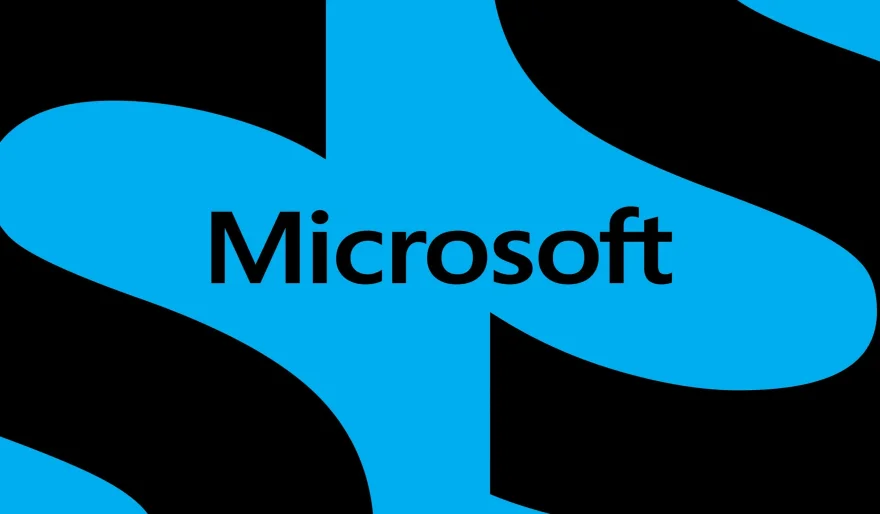Stay Ahead of the Curve
Latest AI news, expert analysis, bold opinions, and key trends — delivered to your inbox.
Microsoft invokes VCRs in motion to dismiss The New York Times’s AI lawsuit
4 min read In the Microsoft vs. New York Times legal battle, Microsoft's defense against copyright infringement allegations from NYT, stemming from its use of OpenAI's language models, took an unusual turn. They compared their technology to VCRs in their motion to dismiss the lawsuit. March 06, 2024 07:00
The ongoing legal battle between Microsoft and The New York Times (NYT) took an interesting turn recently. Microsoft, facing copyright infringement accusations from the NYT regarding its use of OpenAI's language models, employed a rather unique argument in its motion to dismiss the lawsuit: they compared their technology to VCRs.
Here's a breakdown of the situation:
- The New York Times' claims: The NYT alleges that Microsoft, through its association with OpenAI, infringed upon their copyrights by using their articles to train the AI models, which can then mimic the writing style in generated text.
- Microsoft's defense: Microsoft argues that their use of the NYT's content falls under fair use and doesn't constitute copyright infringement. They further bolster their argument by drawing an analogy to a historical technology: the VCR.
- The VCR analogy: Microsoft claims that just like a VCR allows users to record copyrighted content (like movies) for personal use, their AI models simply process and learn from existing information, including publicly available text from various sources like the NYT. They argue that this use doesn't directly copy or distribute the copyrighted material itself.
Industry experts and legal scholars are divided on the validity of this analogy. Some see merit in the comparison, highlighting the transformative nature of AI models and the lack of direct copying involved. Others, however, argue that the analogy is flawed, as VCRs primarily facilitate copying for personal use, whereas AI models can potentially create derivative works that directly compete with the original content.
The outcome of this lawsuit and the legal implications of the VCR analogy remain to be seen. However, this case has sparked important discussions about copyright protection in the age of AI and the evolving landscape of how technology interacts with creative content.



















 AI Agents
AI Agents